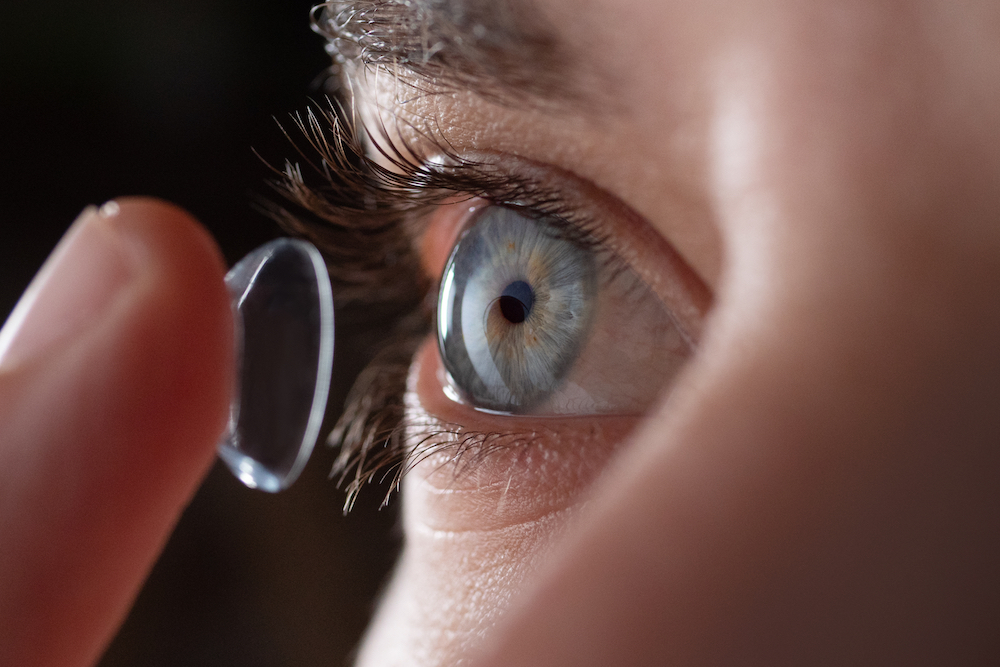
If you’ve decided that you’d like to wear contact lenses, the next step in the process is to choose which contacts are right for you. Many people are surprised to learn that there are many different types of contact lenses, not just the standard variety which most people are familiar. While standard contact lenses are a suitable option for many patients, they aren’t necessarily right for everyone. That’s because all patient’s eyes are slightly different.
As part of the process of getting contact lenses, you’ll first need to attend a contact lens exam. This appointment will be used to determine which contacts are right for you. If you have any corneal abnormalities or if you suffer from an eye condition like dry eyes, you’ll almost certainly be advised that you will need to wear speciality contact lenses and will need a speciality contact lens fitting.
What are Speciality Contact Lenses?
Speciality contact lenses are alternatives to conventional lenses and are designed to counteract or circumnavigate specific issues that make wearing regular contact lenses difficult or impossible. There are different types of speciality contact lens, including:
RGP Lenses
RGP stands for Rigid Gas Permeable and as their name suggests, RGP lenses are more rigid and better able to hold their shape than standard soft contacts. They also offer sharper vision and enable oxygen to reach the surface of the eyes through them. RGP lenses are recommended for patients with allergies, who suffer from dry eyes, or who have mild keratoconus and need additional stability from their contact lenses.
Scleral Lenses
Scleral lenses are available in different sizes and are much larger than conventional contacts which helps keep them secure and stable on the surface of the eyes. They are also designed differently, with a curvature that vaults over the surface of the cornea and accommodates any bulges or corneal abnormalities in the space beneath. This gap also acts as a fluid reservoir for tear film. Scleral lenses are particularly recommended for patients with dry eyes, keratoconus, corneal damage, and other abnormalities.
Hybrid Lenses
Hybrid lenses have an RGP center, but with a soft skirt that enables patients to enjoy the benefits of extra stability and clarity of vision, but with the comfort of a softer lens.
What to Expect from a Speciality Contact Lens Fitting?
If your eye doctor believes that you would benefit from speciality contact lenses, you will need to undergo a number of tests as part of the fitting process. This will help ensure that your lenses fit perfectly and will be comfortable as well as provide clear vision. These tests could include topography, which is a 3D image created from a scan of the surface of your cornea. This enables your eye doctor to visualize the surface of your eye to determine which contact lenses will likely be the most appropriate. Your pupil size and their distance to the edges of your iris will also be measured to ensure that the right size of lenses are selected.
Your eye doctor will be able to explain each stage of the fitting process to you and why it is necessary. Using the information that they obtain, they will be able to recommend the correct speciality contact lenses and give you a generic pair to try so that their fit can be checked before your bespoke lenses are ordered.
If you have any questions about speciality contact lenses, or to schedule an appointment for speciality contact lens fitting, please speak to our knowledgeable eyecare team at Clarity Vision in Apex, North Carolina by calling (919) 367-2832 today.
















